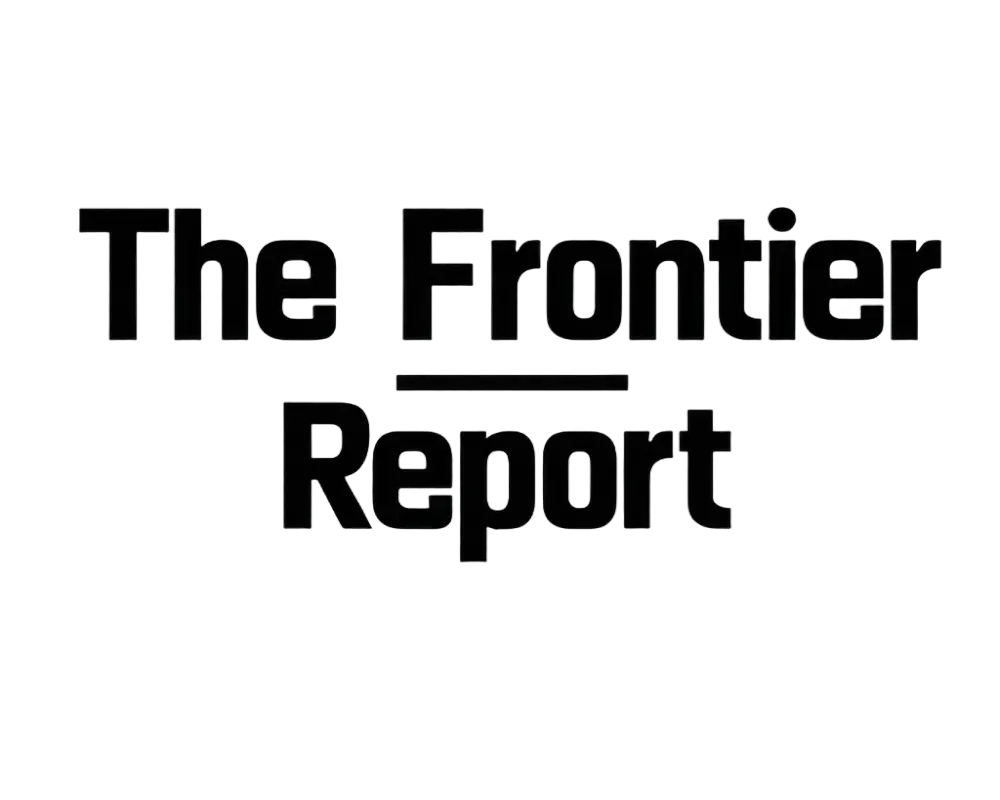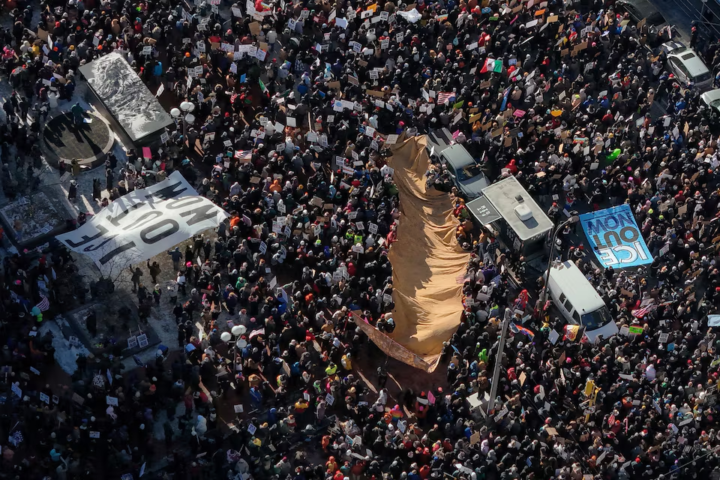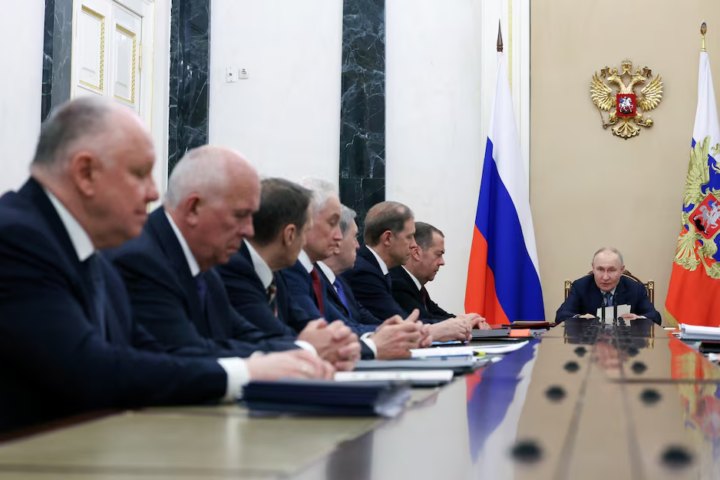The U.S. just stopped giving out visitor visas to people from Gaza—no warning, no timeline for when it might change. The move, announced Saturday, August 16, 2025, blocks B-1 and B-2 visas, the kind people often use for short trips, including medical travel. Officials say it’s a “pause” so they can take a closer look at how the process works. But let’s be real—the timing makes it clear politics had a lot to do with it.
It started after far-right activist Laura Loomer posted videos online. The clips showed injured Gazans—some of them kids—arriving in the U.S. for treatment, helped by a nonprofit called HEAL Palestine. Loomer called it a security threat. She claimed Palestinians were sneaking into the country this way. Her posts caught fire online and were picked up by Republican figures like Rep. Randy Fine, who thanked her for exposing a “loophole.” Days later, the State Department pulled the plug on Gaza visas. Loomer even took credit for the move.
The Human Toll
This isn’t just about paperwork. It’s about sick kids—burn victims, cancer patients—who can’t get proper care in Gaza. More than 3,800 Palestinians got visitor visas in 2025. We don’t know how many were from Gaza, but groups like the Palestine Children’s Relief Fund say a lot of the medical cases come from there.
These visas were lifelines. Without them, many patients have nowhere to turn. One advocacy group called the decision “devastating and irreversible.” Kids needing surgery or chemo? They’re stuck. And with Gaza’s hospitals barely functioning and supplies running out, it’s not just a bad time—it’s the worst time.
For families in Gaza, this hits hard. They’ve already been displaced over and over again. Their hospitals have been bombed. Now, even the hope of leaving to get help is gone. It feels like the world’s turned its back.

Politics Over People
This decision wasn’t made in a vacuum. It shows how U.S. policy in the Middle East is being shaped more by social media drama and political pressure than actual diplomacy or compassion. The Trump administration has already leaned hard in support of Israel. But this? This is something else—a clear sign that even basic humanitarian exceptions can be wiped out by a viral post.
Democrats and rights groups are calling foul. They say the U.S. is abandoning the values it claims to stand for. That this isn’t about safety—it’s about politics. And they worry the damage goes beyond visas. Cutting off medical care for kids? That’s the kind of thing that fuels more anger, more distrust, and more instability.
A Bigger Pattern
Earlier this year, the White House already yanked thousands of visas under a broad immigration order. That was framed as a security move. But this Gaza freeze is more specific—and more personal. It singles out a place already under siege.
The State Department says it’s temporary. But history tells us “temporary” can stick around for a long time. And Arab nations are watching. Egypt, Jordan—countries that still try to play mediator roles—will likely see this as one more sign the U.S. has thrown in its lot fully with Israel, no matter the cost to Palestinians.
Humanitarian groups are already pushing back. They’re warning the White House this could trash America’s image as a country that helps the vulnerable. But Republicans are pressuring from the other side. So even if the administration wants to reverse the ban, they’ll pay a price.
What It Really Means
This visa freeze isn’t just red tape. For families in Gaza, it could be life or death. For the U.S., it raises a big question: what matters more—politics or people?
And right now, for many, the answer is loud and painful.









